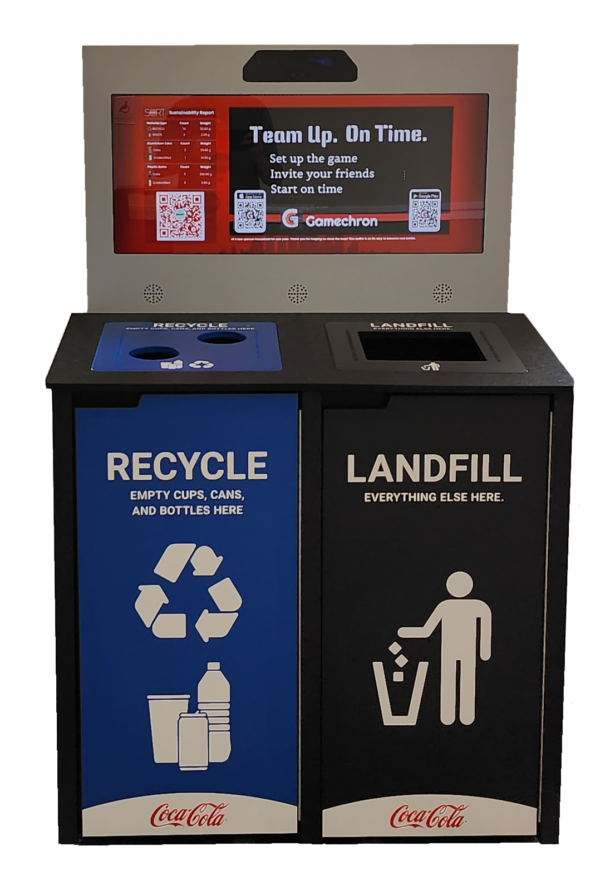Stadiums are often viewed as symbols of grandeur and entertainment, with their sprawling seating arrangements and impressive architectural design. However, the significant amount of waste these venues generate often goes unnoticed, from food waste to plastics and other recyclable materials. As concerns about the environment and sustainability continue to grow, it is important to find ways to manage waste in stadiums more sustainably. One of the most promising methods for doing so is by using data to drive sustainable waste management.
Using data in sustainable waste management involves collecting and analyzing information on waste generation, disposal, and recycling. This data can then be used to identify patterns, trends, and opportunities for improving waste management practices. By leveraging data, stadiums can take a more targeted and efficient approach to waste management, reducing waste and improving recycling rates.
One of the ways stadiums can use data to drive sustainable waste management is by implementing waste tracking systems. These systems use sensors and other technology to monitor waste generation and disposal, providing real-time data on waste volumes, disposal methods, and recycling rates. With this data, stadium managers can identify areas where waste reduction and recycling efforts can be focused, such as high waste-generating areas or materials that are commonly disposed of but could be recycled.
In addition to waste tracking systems, stadiums can also use data analytics to gain insights into waste management trends and patterns. By analyzing historical waste data, stadiums can identify areas where waste reduction and recycling efforts have succeeded and replicate those practices in other venue areas. For example, if a stadium sees a significant reduction in plastic waste by switching to reusable cups in one area, they can apply that practice to other areas of the stadium to further reduce waste.
Data can also be used to measure the effectiveness of waste management programs and initiatives. By tracking waste data before and after the implementation of a new program, stadium managers can determine whether the program was successful and identify areas for improvement. This data-driven approach to waste management can help stadiums achieve their sustainability goals more efficiently and effectively.
Furthermore, data-driven waste management practices can also help stadiums save money. By reducing waste and increasing recycling rates, stadiums can decrease the amount of waste they send to landfills, which can be costly. Additionally, by identifying areas where waste reduction and recycling efforts can be focused, stadiums can avoid unnecessary expenses associated with waste disposal.
The use of data in sustainable waste management is becoming increasingly important for stadiums looking to reduce their environmental impact and improve sustainability. By implementing waste tracking systems, leveraging data analytics, and measuring the effectiveness of waste management initiatives, stadiums can take a more targeted and efficient approach to waste management, reducing waste, improving recycling rates, and saving money. By taking a data-driven approach to waste management, stadiums can enhance their sustainability efforts and set an example for other venues looking to reduce their environmental impact.




